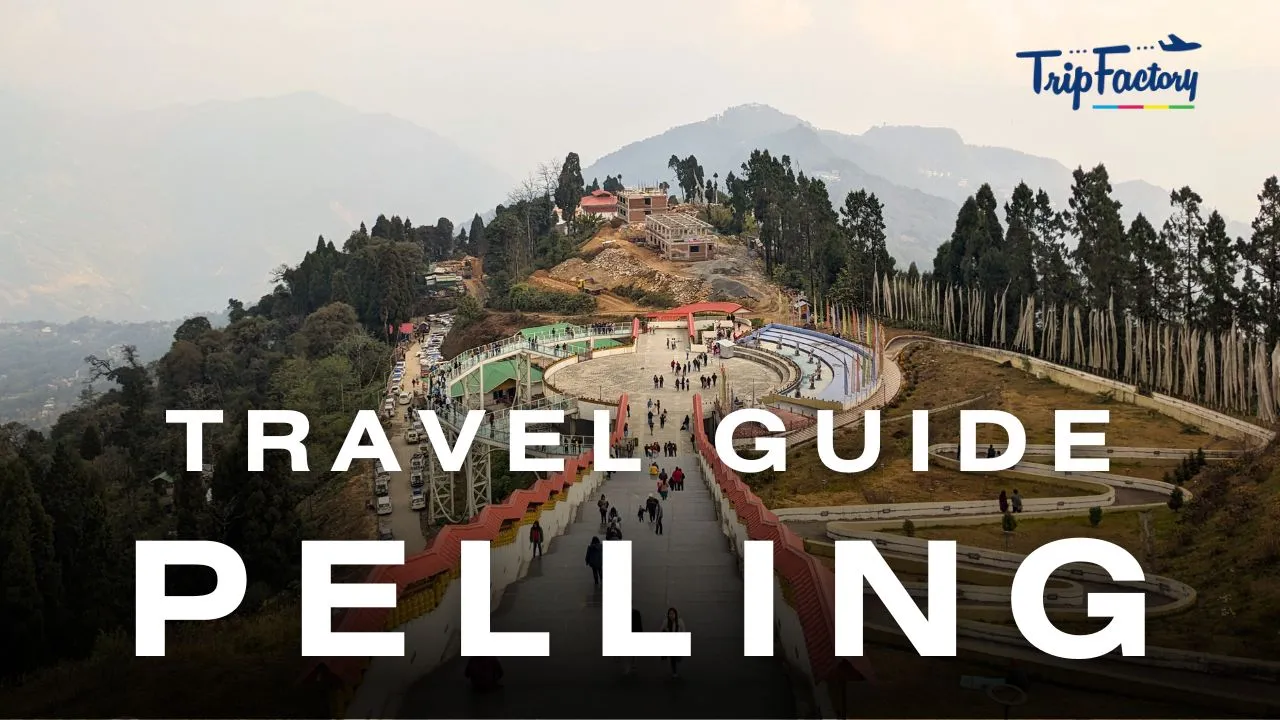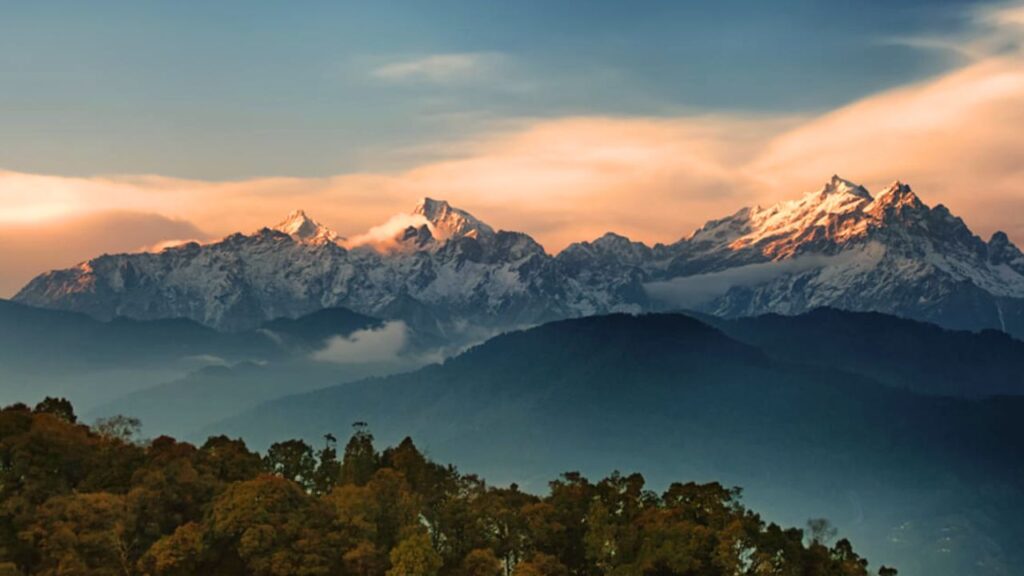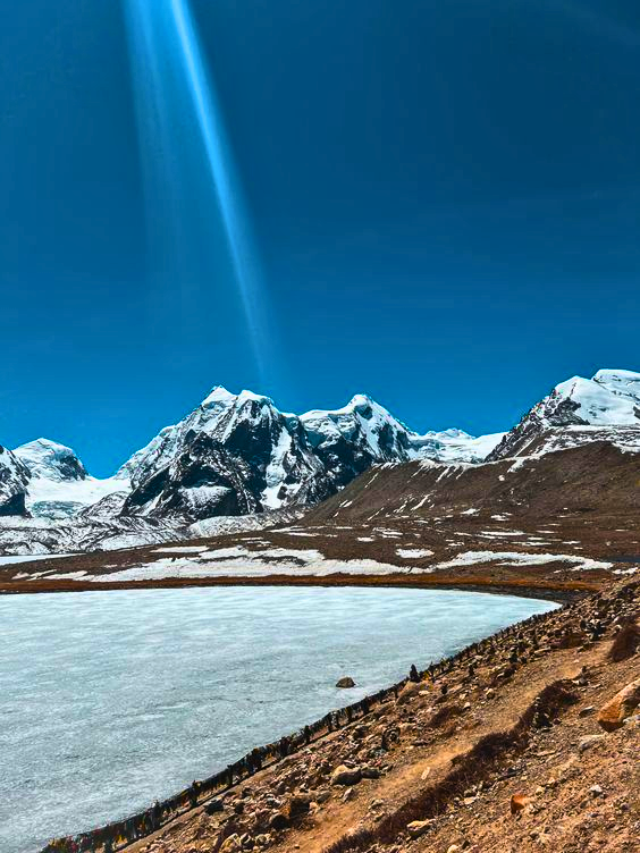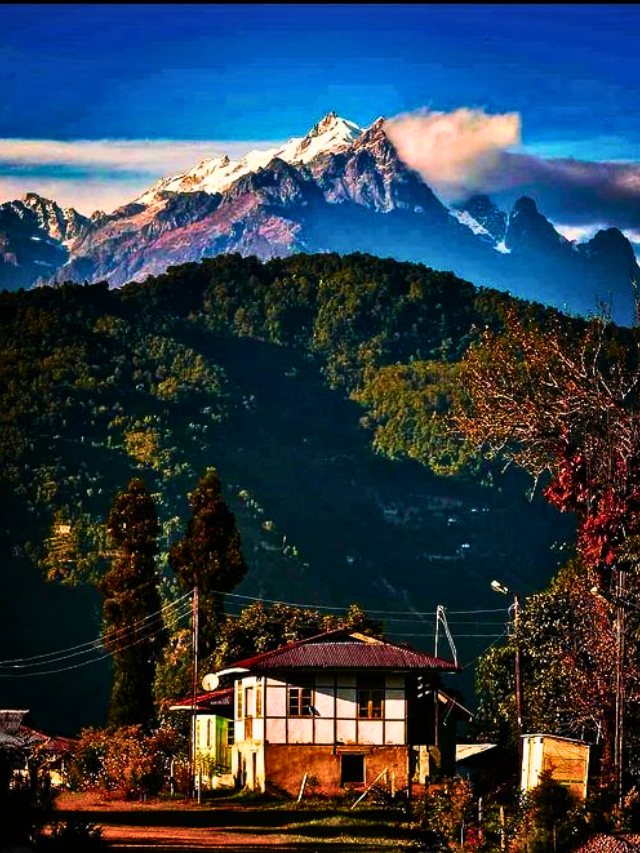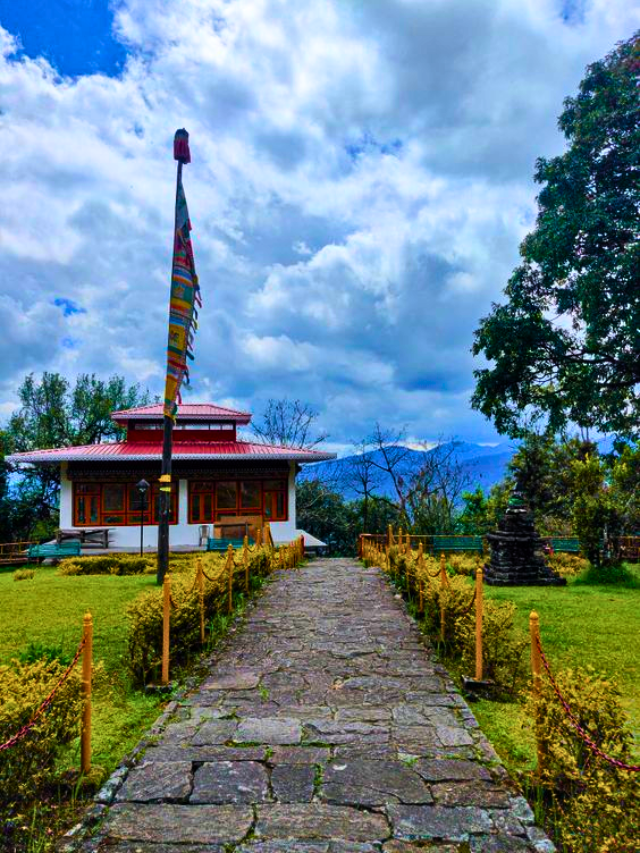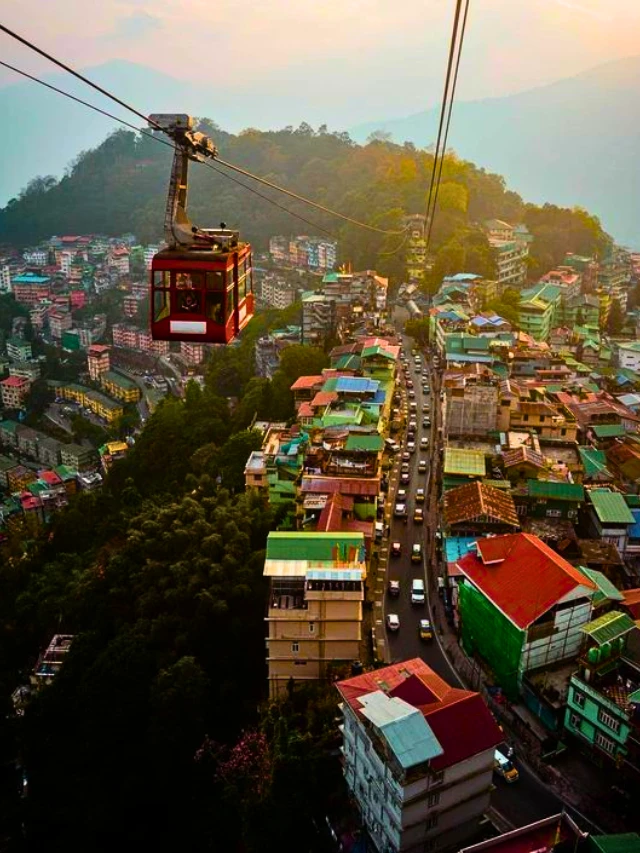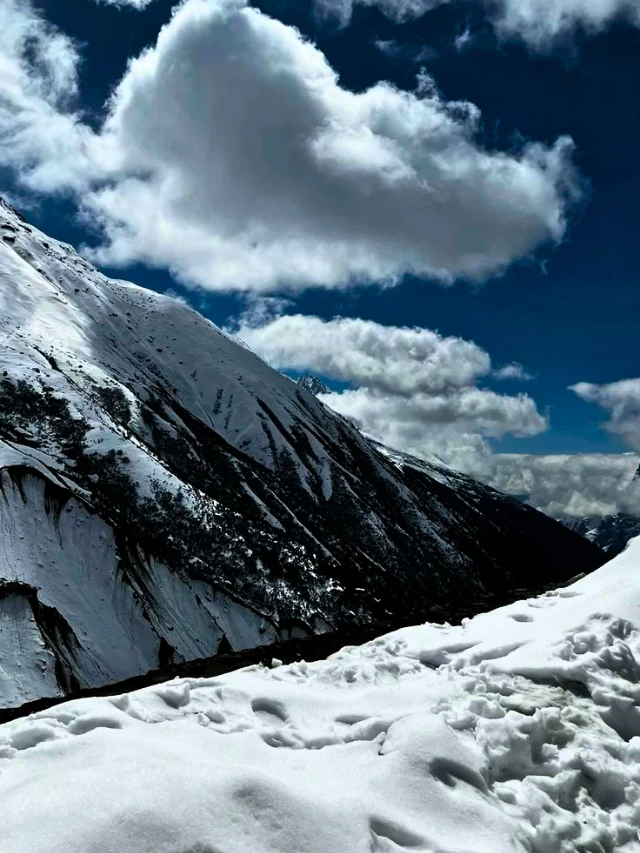Last week, I took a trip to Pelling, a quiet and simple town in North Sikkim. I started from Siliguri and the road was long, but the green hills and fresh air made the journey memorable . The taxi fare from Siliguri to Pelling was around ₹4,500.
Before that, I stop in Gangtok. From there, I took a shared taxi to Pelling. It cost about ₹400. Private taxis are also available, but the taxi fare from Gangtok to Pelling is about ₹3,500 which is a little expensive . you can also take buses but you need to check Gangtok to Pelling bus timings early.
When I arrived, the weather was cool and maybe the environment welcomed me with this. The Pelling temperature was around 20°C. I found a small hotel with a nice mountain view. There are many hotels in Pelling that are good as well as cheap.
The next day, I went to the Pelling Sky Walk. Walking on the glass was fun and a bit scary! But i enjoy a lot. I also visited waterfalls, a monastery, and a few local shops. And i can definitely say that Pelling sightseeing is amazing and simple.
If you are coming from NJP or Darjeeling, it’s easy too. The NJP to Pelling distance is around 135 km, and Darjeeling to Pelling is about 73 km.
Pelling felt peaceful, like a break from the busy world. I think anyone looking for quiet and nature will love it here. So let’s go to the details guide
Pelling Travel Guide – Everything Included
How to Reach Pelling
My journey to Pelling was smooth and full of views I’ll never forget.but it’s not too easy to reach pelling because there was no railway station or airport so you can’t directly reach there . I started from Siliguri, which is a busy town with many travel options. From there, I took a taxi. The drive was long but the mountains and green hills outside the window made it feel peaceful.
On another day, I travelled from Gangtok to Pelling. I got into a shared taxi with other travelers. It was a simple ride, and I enjoyed chatting with a few locals on the way. The road had some turns, but the views were just amazing. There are also buses from Gangtok, though not very often, so it’s good to ask about the bus timings in advance.
You can also reach Pelling from NJP railway station or Bagdogra Airport. Both are not too far, and taxis are easily available there.
Pelling Photos
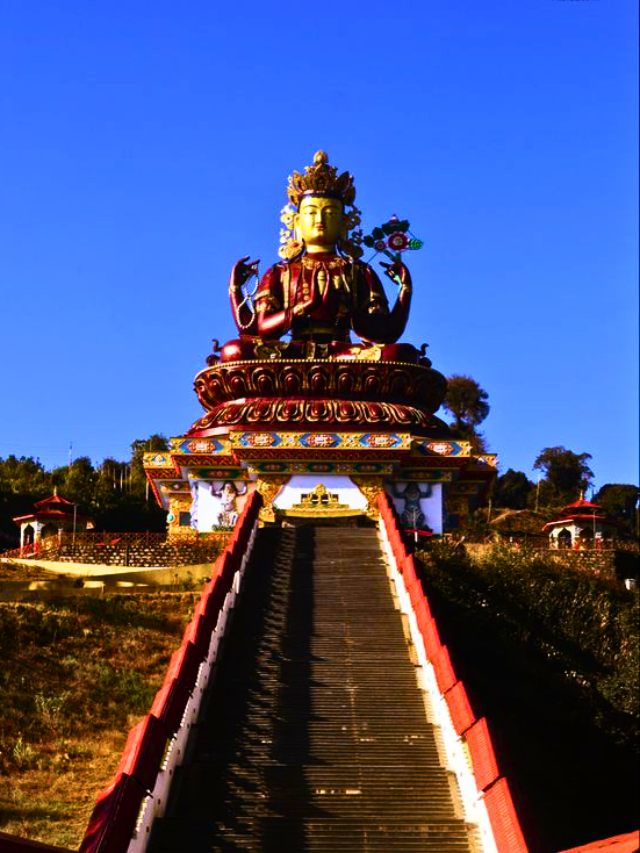
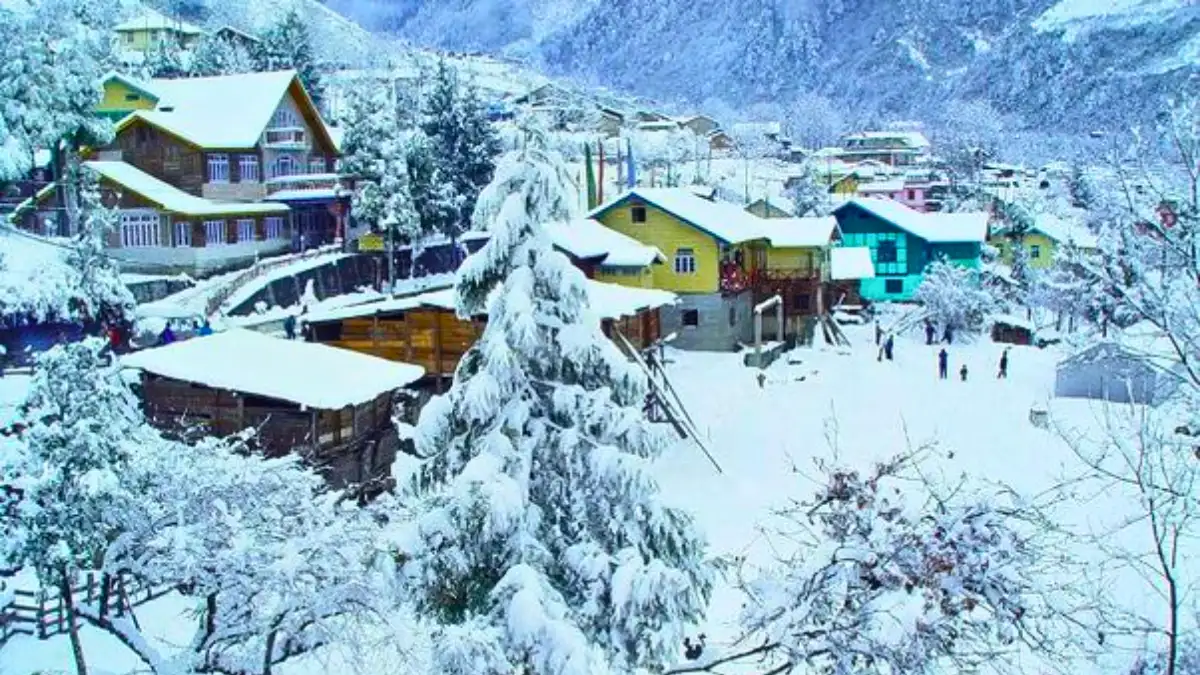
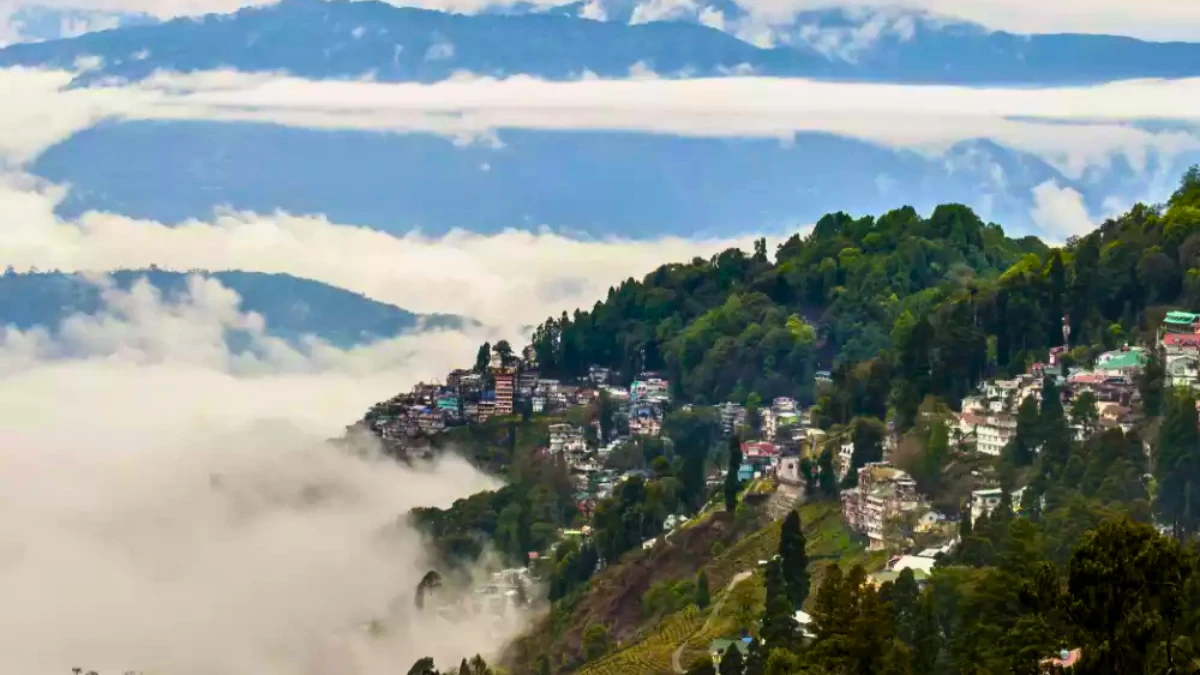
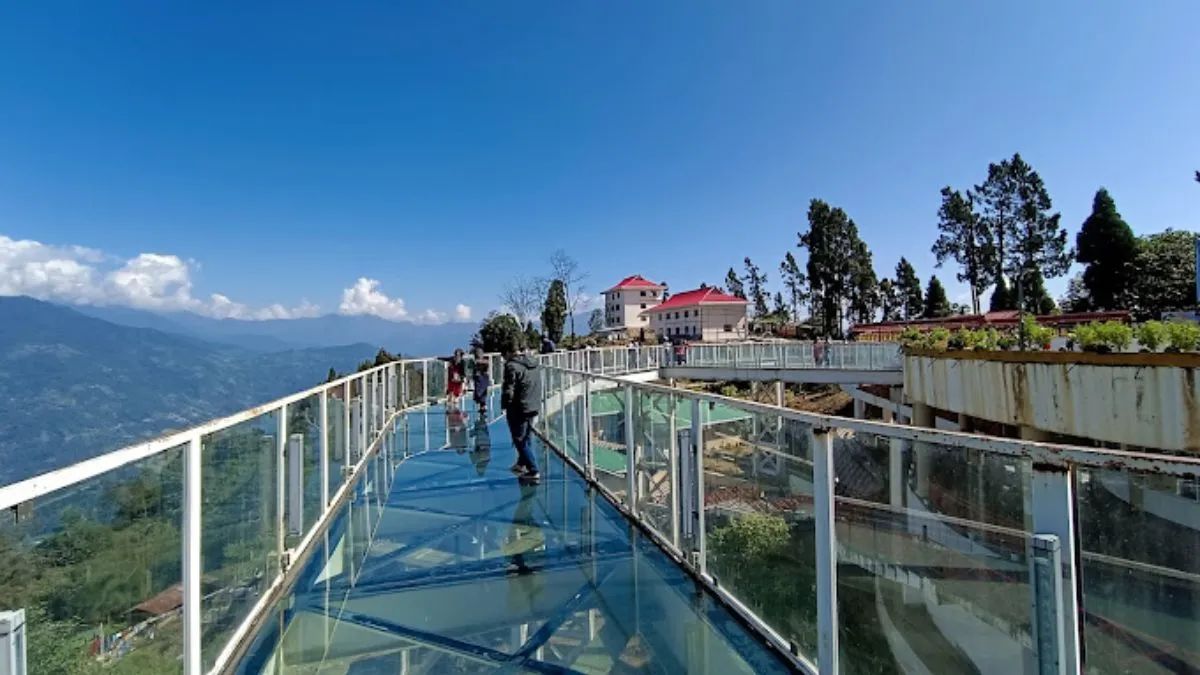
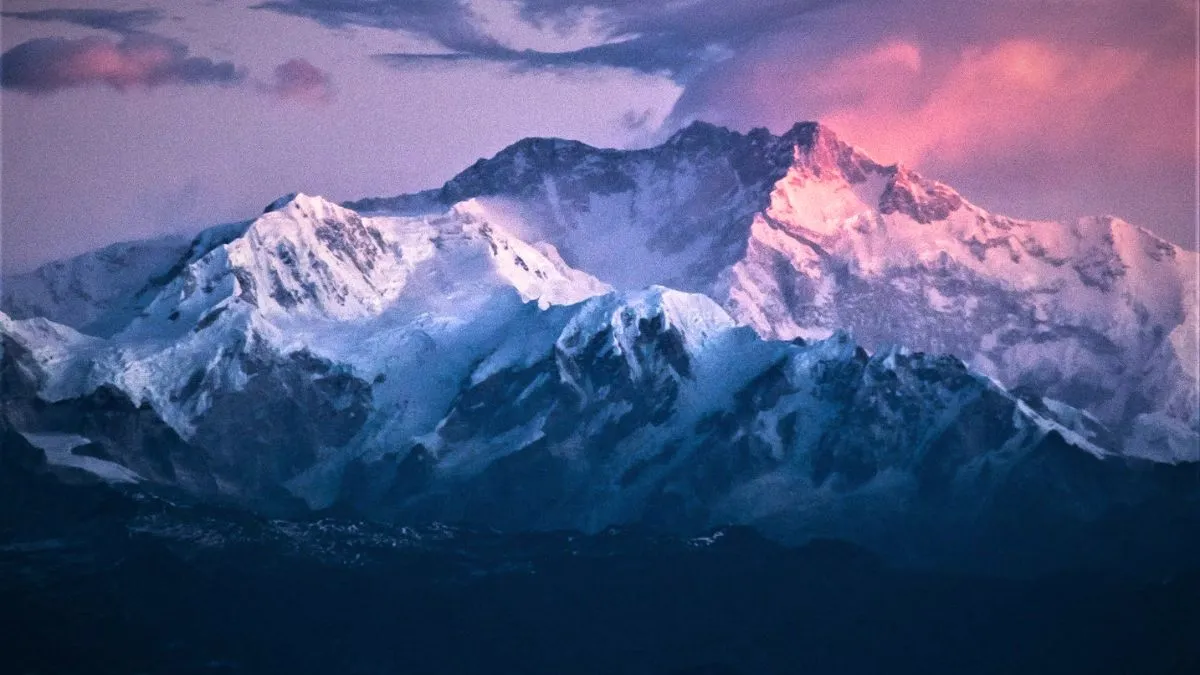
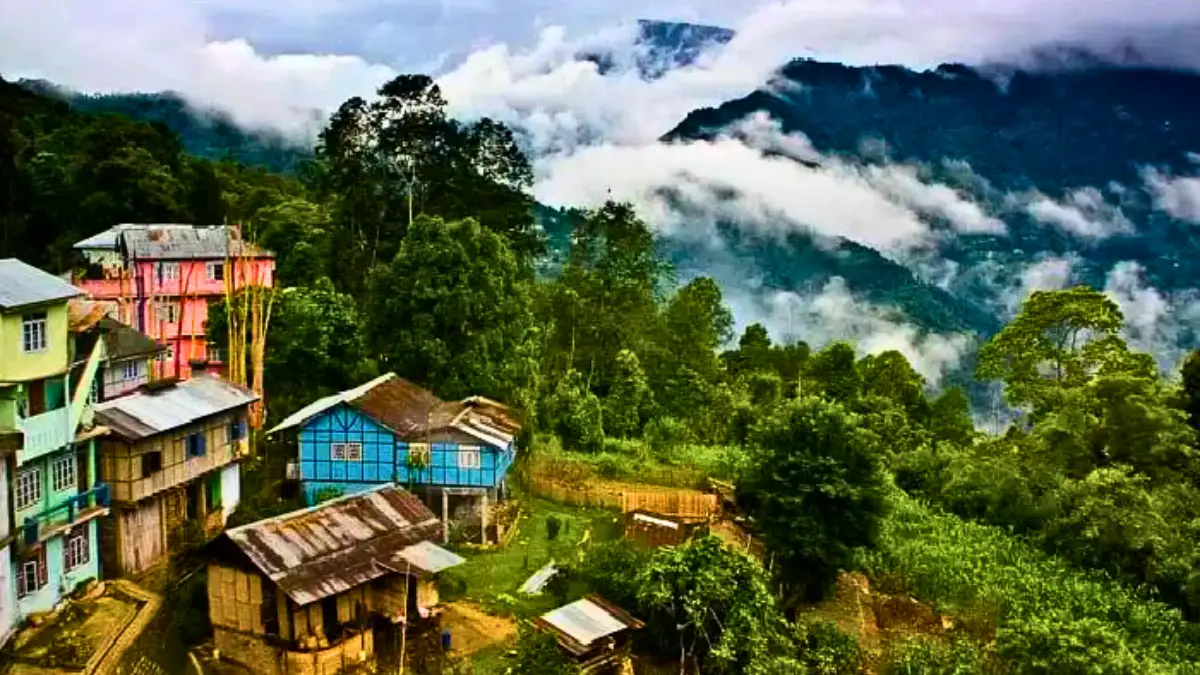
Approximate distance to Pelling from different locations:
| Location | Approx. Distance to Pelling | Travel Time (by Road) |
| Siliguri | 135 km | 5 – 6 hours |
| Gangtok | 130 km | 5 – 6 hours |
| Darjeeling | 72 km | 4 – 5 hours |
| NJP (New Jalpaiguri) | 138 km | 5 – 6 hours |
| Bagdogra Airport (IXB) | 140 km | 5 – 6 hours |
| Kalimpong | 92 km | 4 – 5 hours |
| Ravangla | 48 km | 2 – 3 hours |
| Yuksom | 40 km | 2 hours |
Where to Stay in Pelling
When I reached Pelling, the first thing I noticed was how quiet and fresh the air felt. There were many hotels around, from budget stays to comfortable mountain view rooms. I stayed in a small hotel near the SkyWalk. It wasn’t fancy, but the room was clean, warm, and the view from the window showed snow covered mountains. That was enough to make me smile.
If you’re on a tight budget, there are plenty of low cost hotels and homestays. Many local families offer clean rooms, and they often serve home cooked food. I once stayed at a homestay run by a kind couple. They even gave me tea every morning with a big smile.
For people who want more comfort than mid range and luxury hotels are also available. Some hotels have heaters, big beds, and balconies with beautiful views. The Upper Pelling and Helipad area are good spots to find hotels because they’re close to many sightseeing places.
I booked my room online before coming, but if you come in the off-season, you can even find a good room after reaching there.
Sightseeing & Activities in Pelling
On my first day, I visited the Pelling Sky Walk. It’s one of the main attractions here. As I stood on the glass floor and looked down, I felt a little scared but the view was amazing! Right next to it, there’s a tall statue of Chenrezig (Lord Buddha). The whole place feels peaceful and special.
Then I went to the Pemayangtse Monastery, which is one of the oldest Monastery in Sikkim. The air was calm, and monks were chanting softly. I just sat there for some time, enjoying the silence.
Another place I really liked was the Rabdentse Ruins. You walk through a forest trail to reach it, and suddenly you see stone walls from an old palace. It made me feel like I was stepping into history.
I also visited the Rimbi Waterfall and Khangchendzonga Waterfall. Both were easy to reach, and the sound of water falling was relaxing. If you like nature, you’ll enjoy these spots.
For people who love walking, the trails around Pelling are great. You don’t need to climb too much, and every path gives you views of hills, trees, and sometimes the Kanchenjunga peaks in the distance.
One more thing: waking up early to watch the special sunrise. The sky slowly turned into orange and pink, and the snow mountains began to shine. That moment stayed with me forever.
In Pelling, every place is close by, and you don’t need to rush. Just take your time and enjoy the peace all around.
The Best Time to Visit Pelling
When I planned my trip to Pelling, I really wanted to enjoy good weather and clear mountain views. After talking to a few locals and checking online, I found out that the best time to visit Pelling is from March to May and again from September to November.
I went in May first week, and it was just perfect. The air felt fresh, the sky was mostly clear, and the flowers were blooming everywhere. I could even see the snow peaks of Kanchenjunga from my hotel window.
During these months, the weather is cool but not too cold. It’s a great time to walk around the place and take photos without feeling tired. Monsoon time (June to August) brings heavy rains, so roads can get slippery. And winter (December to February) can be very cold, with chances of snowfall.
So, if you’re planning a trip, I’d say pick spring or autumn. That’s when Pelling shows its best side.
Travel Tips
After spending some days in Pelling, here are some helpful tips I’d love to share. First, always carry cash. Many small shops and taxi drivers don’t accept cards or digital payments. The roads can be bumpy in some areas, so try to book a comfortable taxi or shared vehicle if you’re not used to hilly drives.
Weather in Pelling changes quickly. One moment it’s sunny, and the next, clouds roll in. So, it’s good to pack a light jacket, umbrella, and some warm clothes even if you’re visiting in summer. Also, mobile networks can be weak in some spots, so don’t rely too much on the internet for navigation, keep your hotel address written down just in case.
Lastly, talk to the locals. They’re kind and helpful, and often share the best advice about where to go, what to eat, and even how to save money while traveling. A little smile and respect go a long way here!
Check Latest Stories:
Frequently Asked Questions
Where to stay in Pelling?
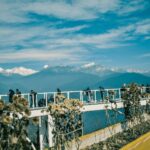
You can stay in budget hotels, cozy guesthouses, or resorts with great views near Pelling town. Booking early helps get the best plac
Is Pelling worth a visit?
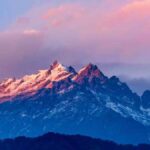
Yes, Pelling will provide you with a variety of prominent spots if you have an interest in the architecture of former monasteries and appreciate the outdoors.
Where is Pelling
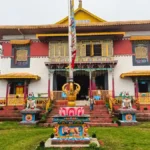
Pelling is a small town in the state of Sikkim, India. It is located in the western part of Sikkim, known for its beautiful mountain views and peaceful environment.
Which is better upper or lower Pelling?

The higher pricing are likely due to the fact that Upper Pelling has a superior view of the Kanchenjunga. You can see the third-highest mountain peak in the world unhindered from the area close to the Pelling helipad in upper Pelling.
Is Pelling a hill station?
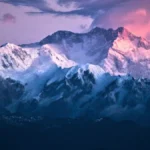
In Sikkim, India’s Gyalshing district sits the hill station known as Pelling. Nestled at a height of 7,200 feet (2,150 meters), sits Pelling. The settlement is situated 131 miles from Gangtok and 10 km from Gyalshing city, which serves as the district seat.

